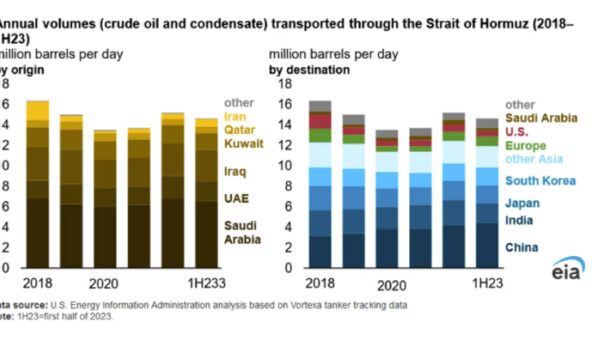The reinsurer has supplied its automated underwriting to an unnamed South African insurer that has expanded into Nigeria, says Paul Donnelly, executive vice-president for Europe, the Middle East and Africa at Munich Re Automation Solutions in Dublin. It will be technically feasible for the service be up and running this year, subject to the final decision of the unnamed client, he adds.
Donnelly argues that automation and the use of artificial intelligence (AI) makes underwriting decisions fairer and more efficient. The technique is suited to African markets, many of which lack capability and an insurance culture, he says. “The technology can do some of the heavy work.”
Automated underwriting in Nigeria has everything to prove in the face of obstacles in data collection that have not been encountered in South Africa.
- Munich Re offers automated solutions to primary insurers either as a paid service or as part of an agreement where it underwrites insurance liabilities.
- It also uses AI and machine learning techniques to identify which data points in the insurance application process are irrelevant and can be dropped.
‘Flying blind’
In South Africa, Munich Re counts Sanlam, Old Mutual and Liberty among its clients, and also has a corporate customer in Egypt.
But in less-developed African markets, the data used to feed its machine learning may not exist. That leads to an element of “flying blind”, Donnelly says.
- Munich Re’s service offers analytics that can extrapolate and make predictions from a limited number of individual cases.
- Between 15,000 and 20,000 people can be enough to generate such predictions, Donnelly says.
- Munich Re works with primary insurers to help them gather and analyse a “critical mass” of customer data, Donnelly says.
- Better national census data would help the process too, he adds.
Data gaps
Data is key to making decisions in insurance. A white paper from Munich Re gives the example of diabetes, a medical condition that sets off alarm bells for life insurers and can lead to extensive checks.
- Yet AI supports the conclusion that life expectancy for people for diabetes is usually the same as for everyone else, Munich Re says.
- The company argues that the fact it has a financial stake, or “skin in the game”, in the outcome of its uses of automated process sets it apart from artificial intelligence consultancies.
- Previous experience has shown that onboarding one key client in a country can lead to rapid wider adoption, Donnelly says.
Automated systems relying on AI are only as good as the data with which they are fed. The South African market, as Donnelly notes, is similar in terms of depth to Europe and Asia.
However, Nigeria has one of the world’s lowest rates of insurance penetration, and the market is dominated by mandatory third-party car policies. Cultural resistance among customers and the difficulty of establishing cost-effective sales are among the reasons for the weak market. That suggests gathering customer data will be an uphill struggle.


















































You must be logged in to post a comment Login